In the NeuroExperienceLab, led by Erika Mondria, visitors can experience scientific research first-hand. At the Ars Electronica Center, the boundaries between scientific methodology, experience, and results merge into a socially relevant event in science communication.
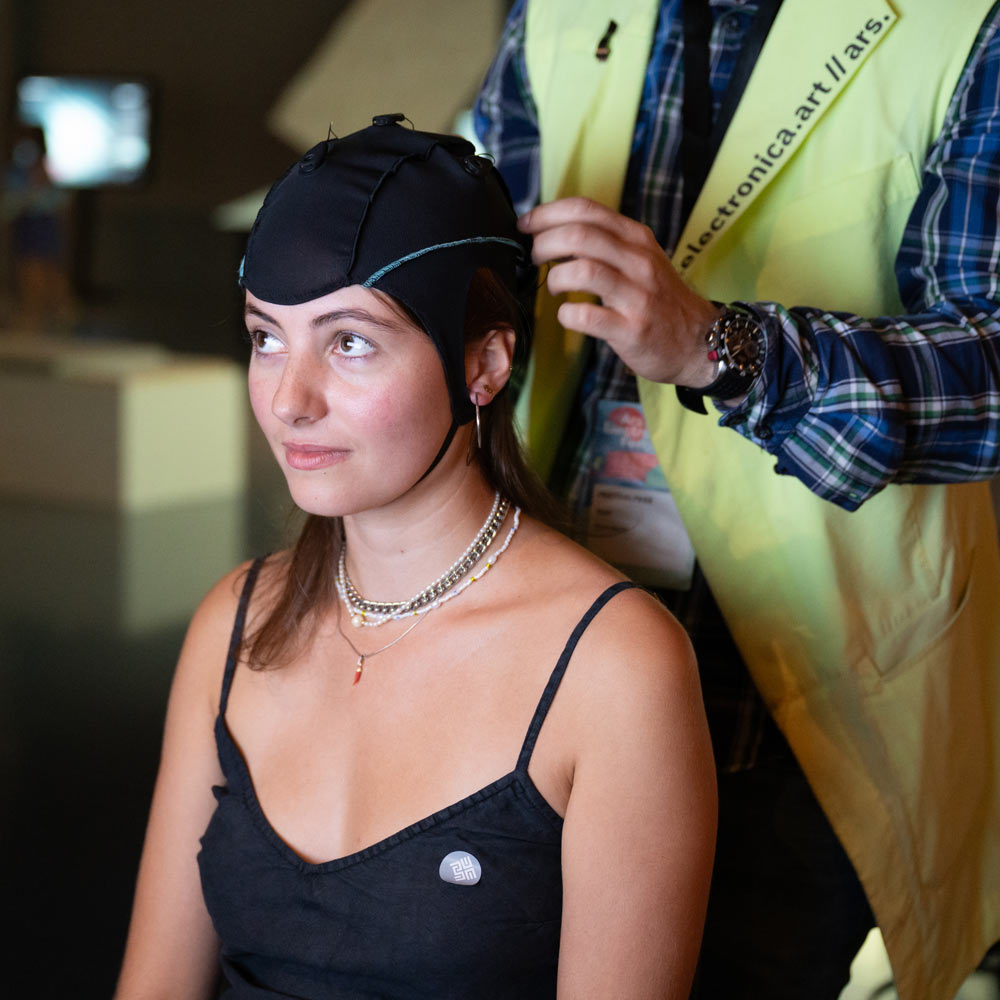
Neuro Experiences - Photo: Ars Electronica / Birgit Cakir
Collection
Neuro Experiences
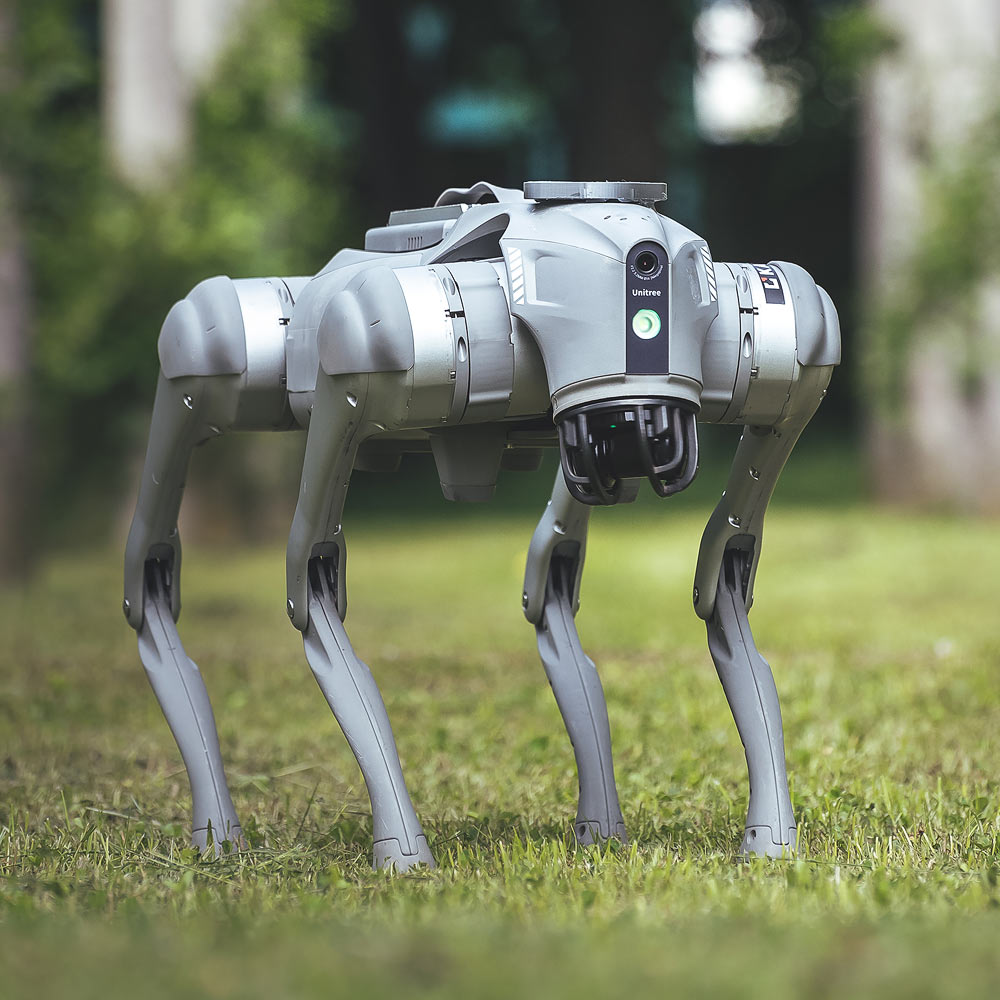
NeuroRoboDog
Maša Jazbec (SI), Žan Rajšek (SI)
Neuro Moby explores direct neural control of a quadruped robot using a brain-computer interface (BCI). Participants operate Moby, the robot dog, through EEG-based signals translated into movement commands.
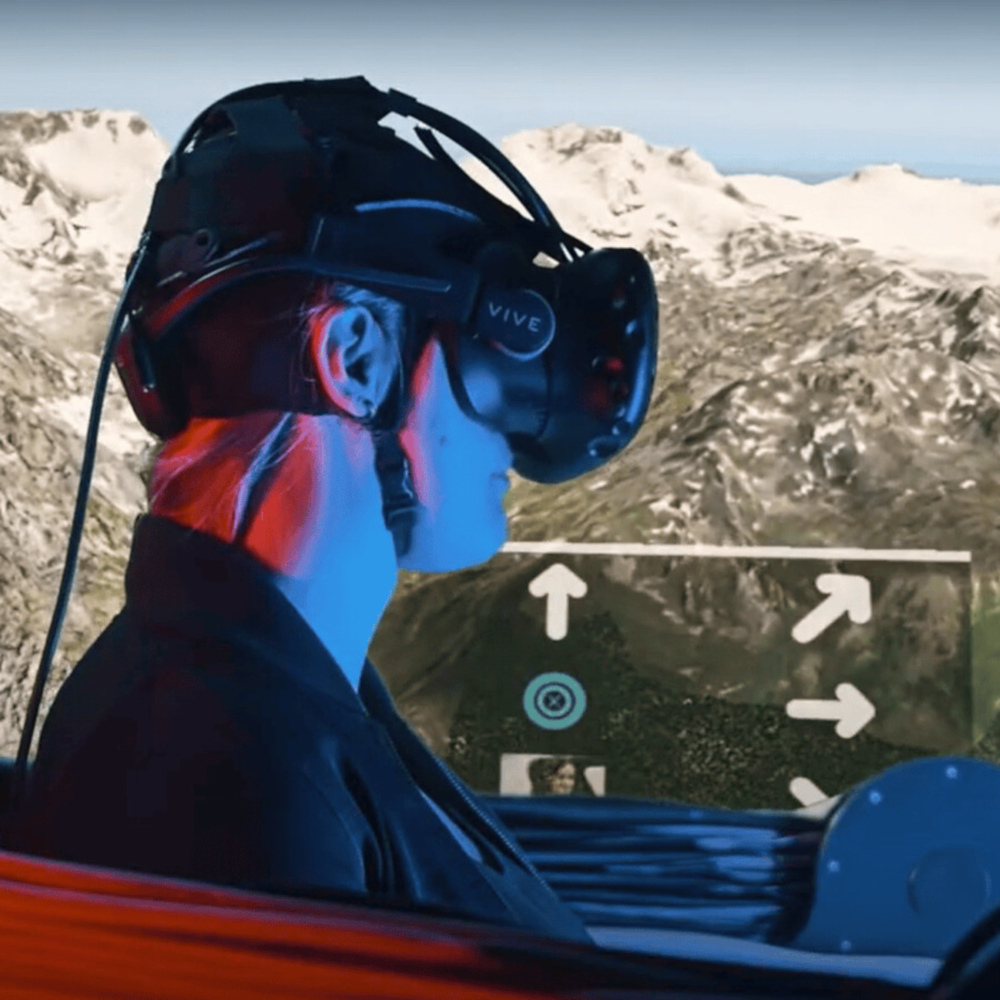
NeuroFly
Maša Jazbec (SI)
The NeuroFly simulator is a pilot project of the DDTLab research laboratory in collaboration with the AFormX aviation company.
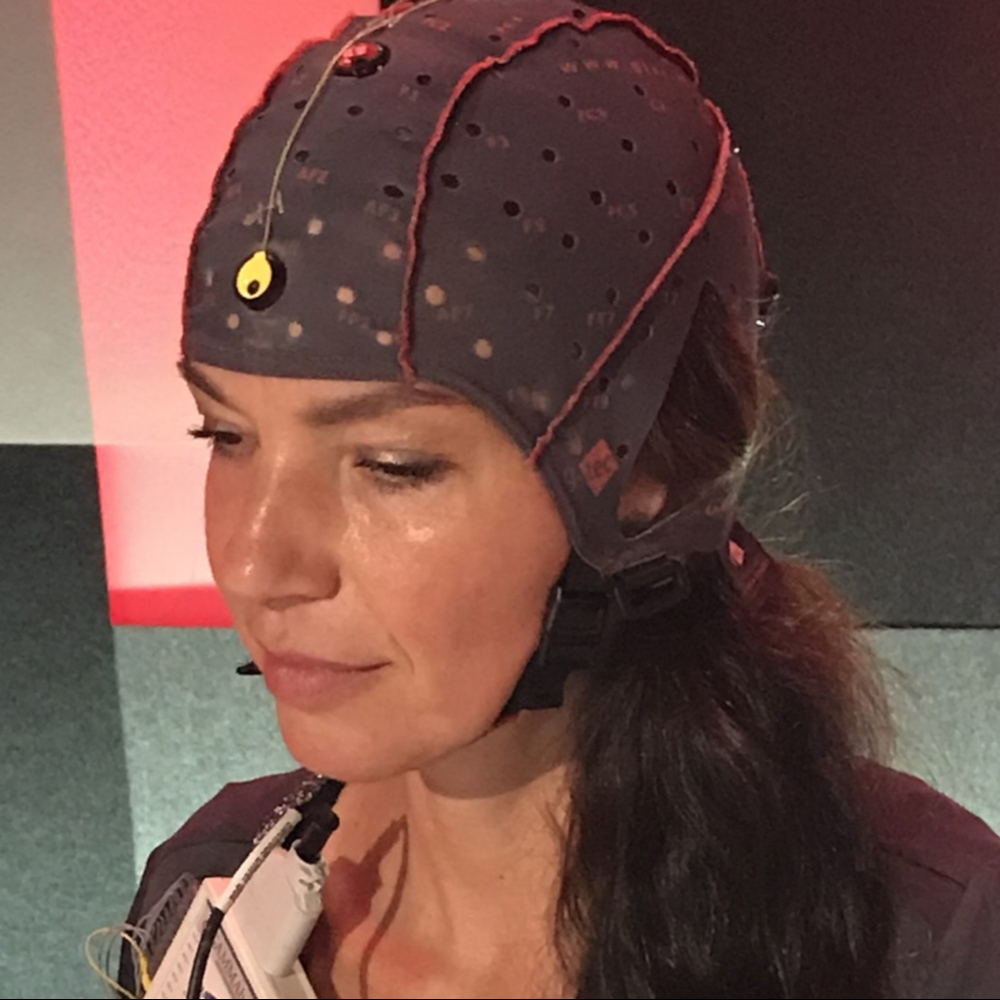
NEURO-PRINT
Erika Mondria (AT)
A glimpse into your cortic action via electroencephalography analysis of your waves. Can Brainwaves show your moods?
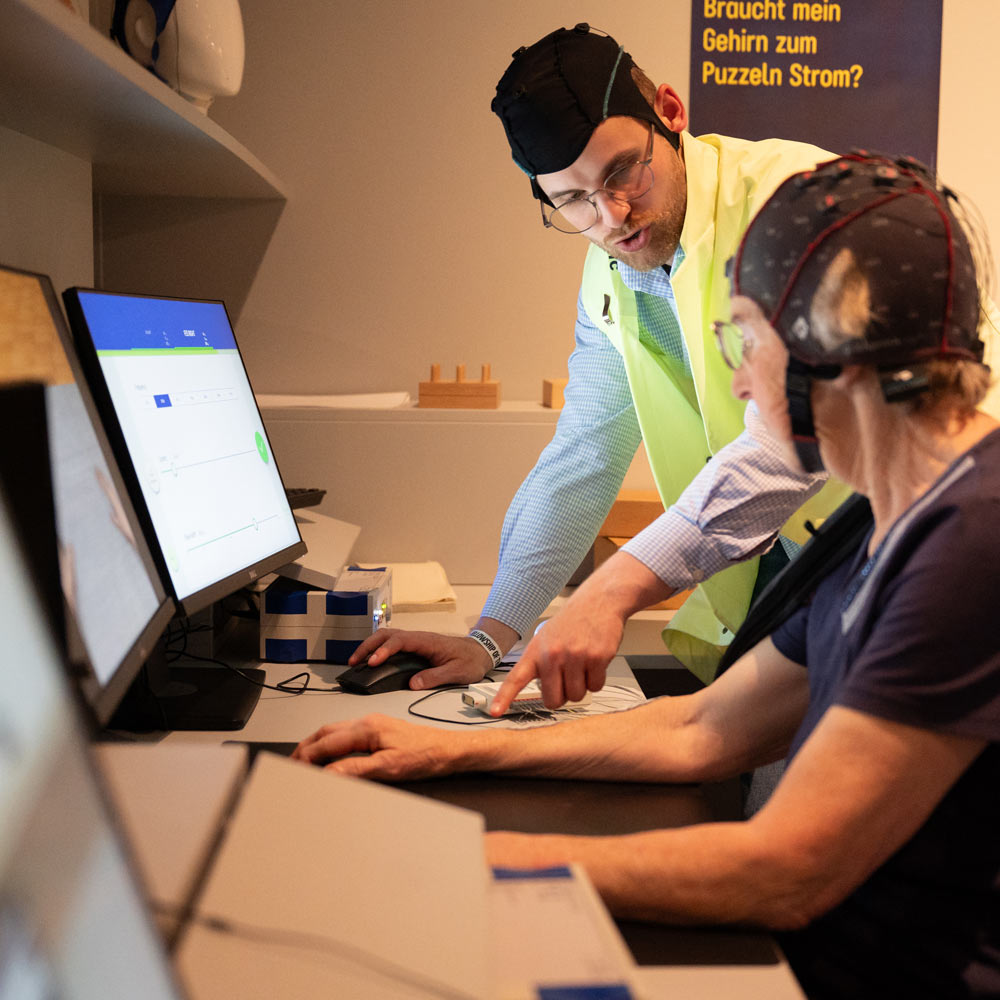
LiveDEMO_NeuroReha
recoveriX
A new approach to rehabilitation for stroke, multiple sclerosis, and Parkinson patients developed by g.tec medical engineering GmbH Austria will be demonstrated.
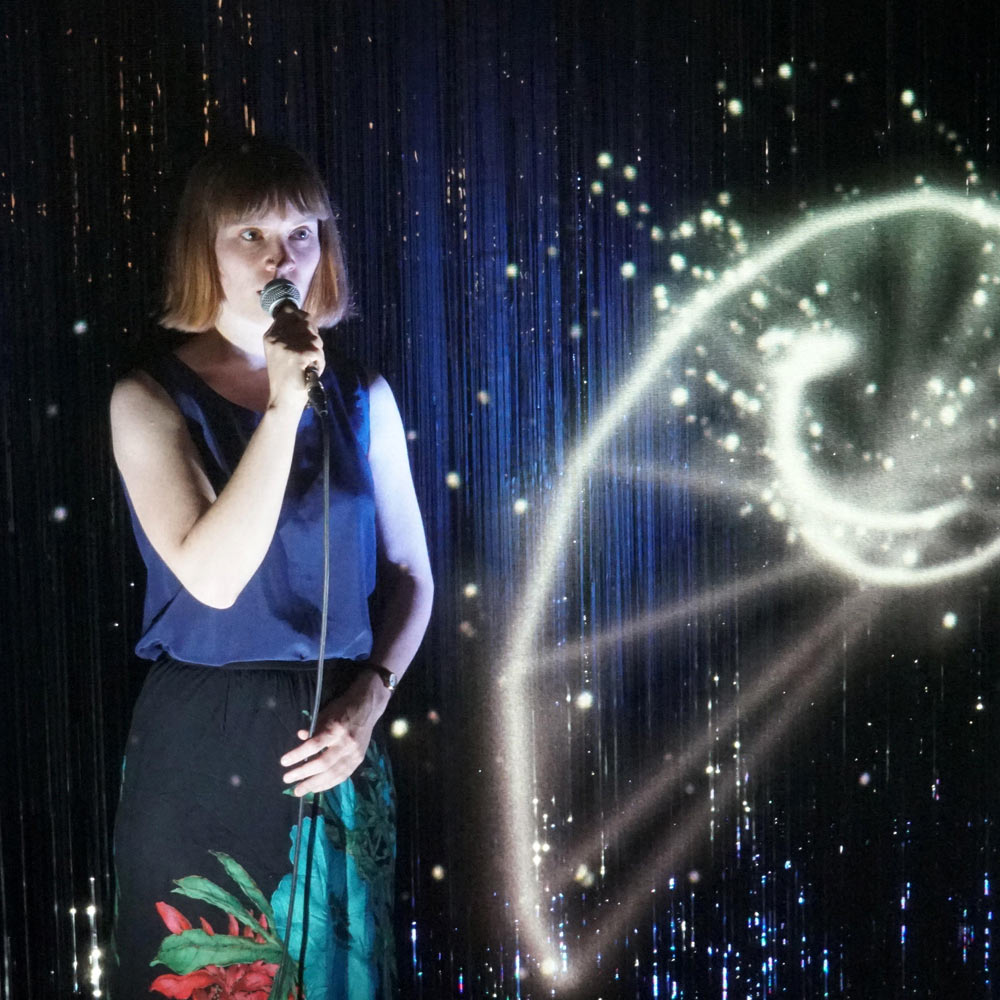
KIMA: Resonance
Analema Group (GB), Erika Mondria (AT)
Is there resonance between human voice and mind? The collective Analema Group and founder of the NeuroExperience Lab Erika Mondria are presenting KIMA Voice—a participatory artwork that explores harmonies between voice and mind interactively.
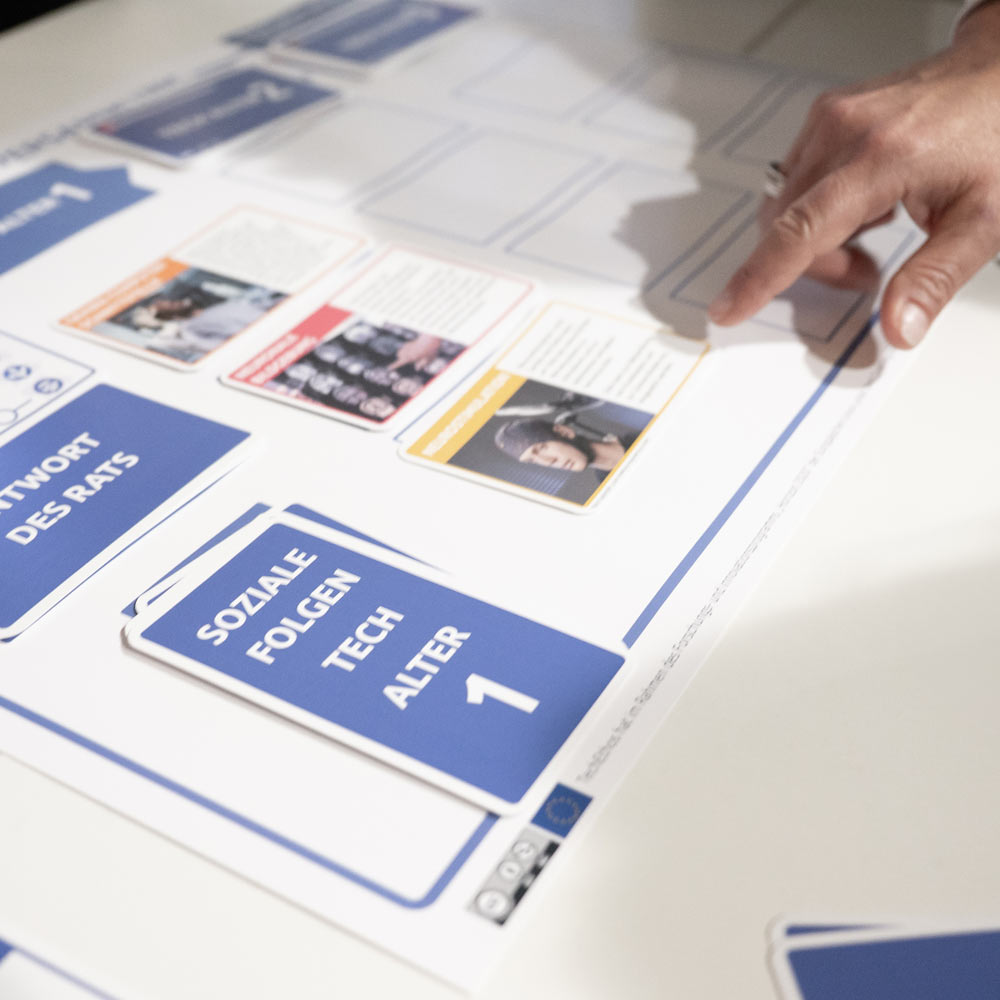
haptic NeuroTech game
Austrian Institute of Technology (AIT)
The Neuro-Tech card game TechEthos is an exciting way to learn more about new technologies. Participants discover different developments of neuro-technologies through playing a haptic game.
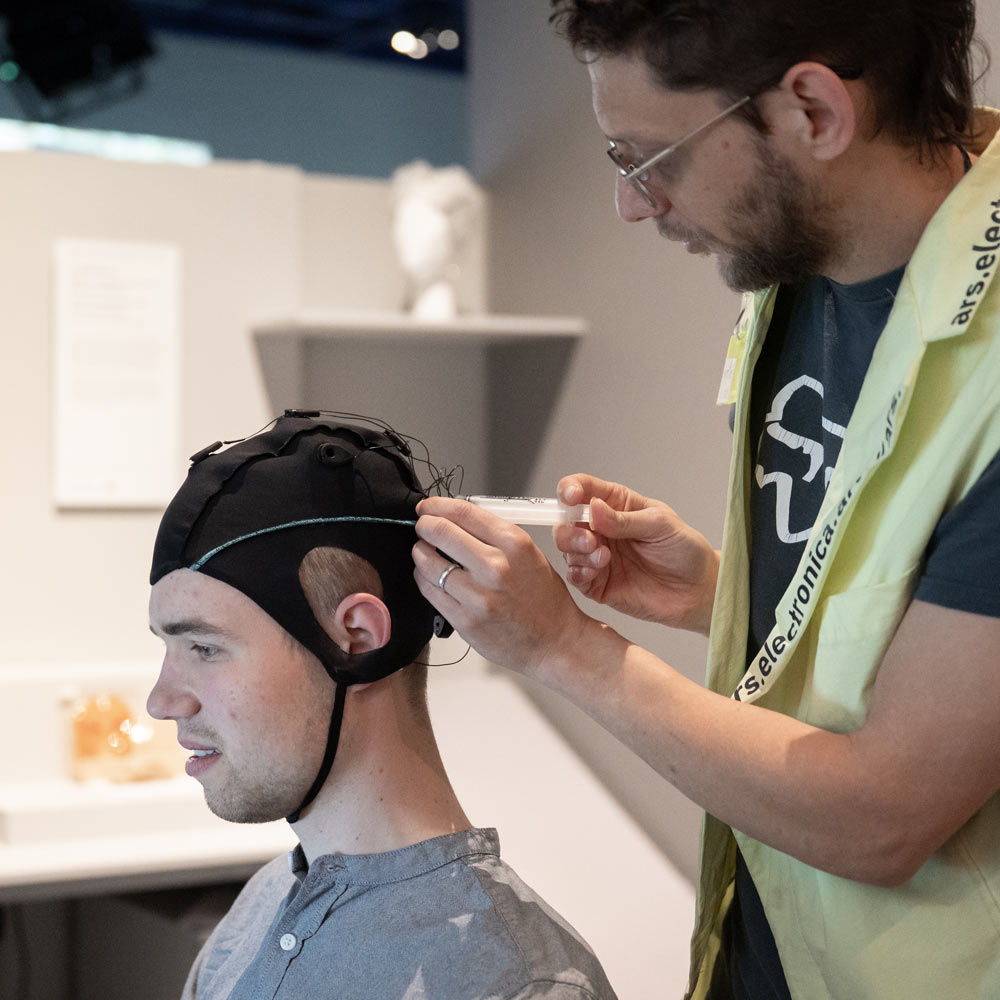
BrainWAVEgame
Erika Mondria (AT)
Bring your friend to the Workshop and have together a unique Body-Tech experience. You can put YOUR hands on a Electroencephalography (EEG) based Brain-Computer Interface (BCI) Technology.

HORIZON¯S
Erika Mondria (AT)
Portraits in the mirror of your cortical activity. During participation in the interactive installation, HORIZON‾S, one can encounter the observer in one’s head. The question is: what narrows the human mindset?
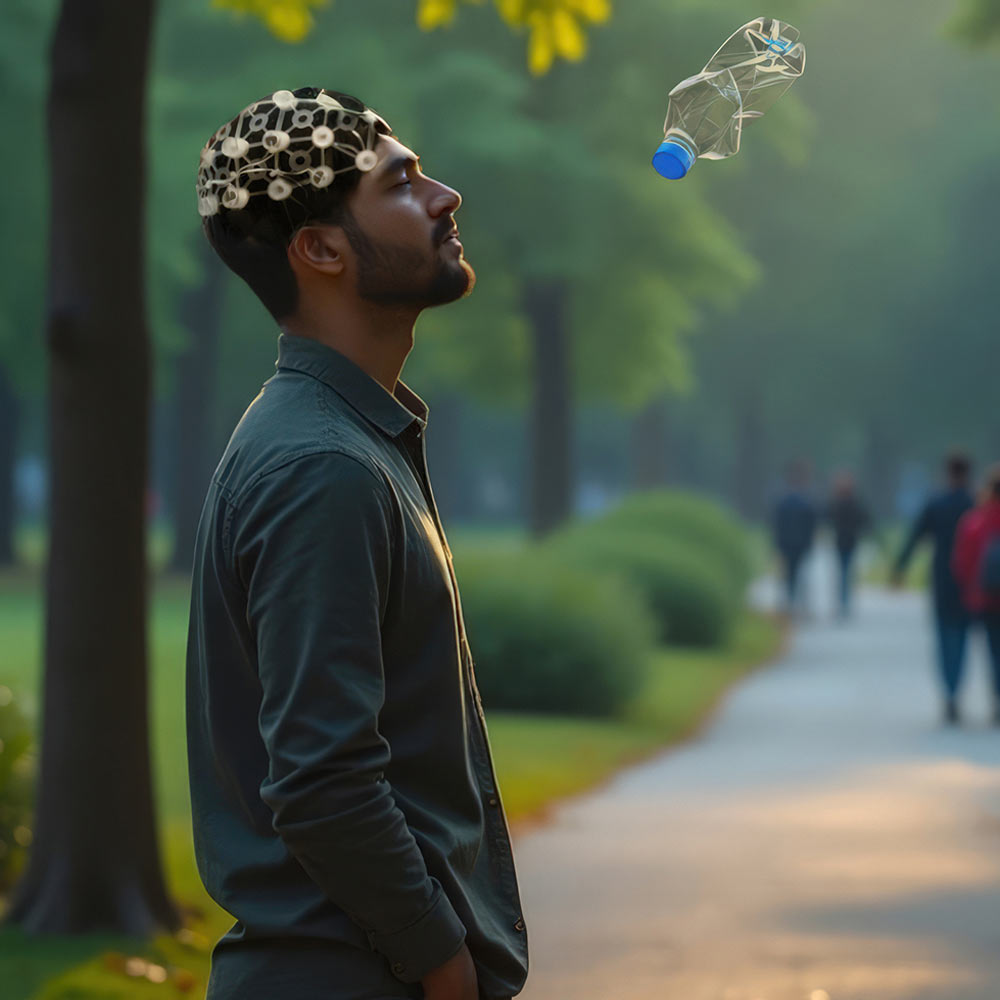
ECOneuroNET_02
Erika Mondria (AT)
The Mind-Shifting Game © ECOneuroNET 02 offers a unique journey into a 3D world. Visitors can practise teleporting objects using their brain cells.
-
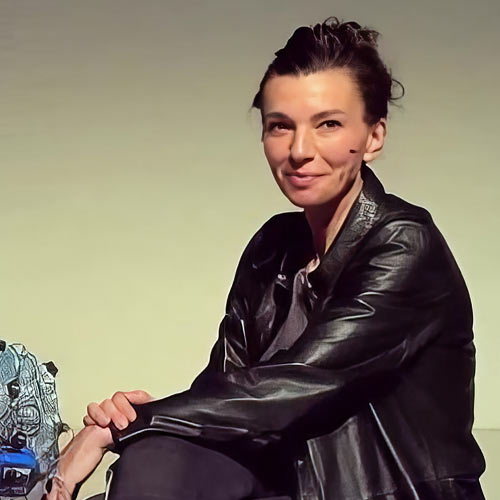
Erika Mondria, Member of IEEE, International BCI society member. Photo: Helene Mondria
Erika Mondria
PhD researcher Erika Mondria investigates the use of biometric technology on humans and creates transformational narratives of the body’s intangible agency. She develops neuro-interaction methods based on mental research, neuroscience, art and cultural studies. Her focus is always guided by the question: ”What does it mean to BE a body?” The interactive installation ARTéFACT shows how far bioelectrical signals can reach. In installations such as DER WENDEPUNKT, the capacity of technologies to unravel the human mind is explored from new perspectives. Human brain activity becomes tangible and tactile in her participatory art scenarios through digital body augmentation, telekinesis or cognitive neuroimaging. This invites the audience to reflect on the authorship, scope and capacity of human mental activity. It poses questions such as: “Is your mental activity private? Can you adjust and influence the range of your own bodily oscillations?”.